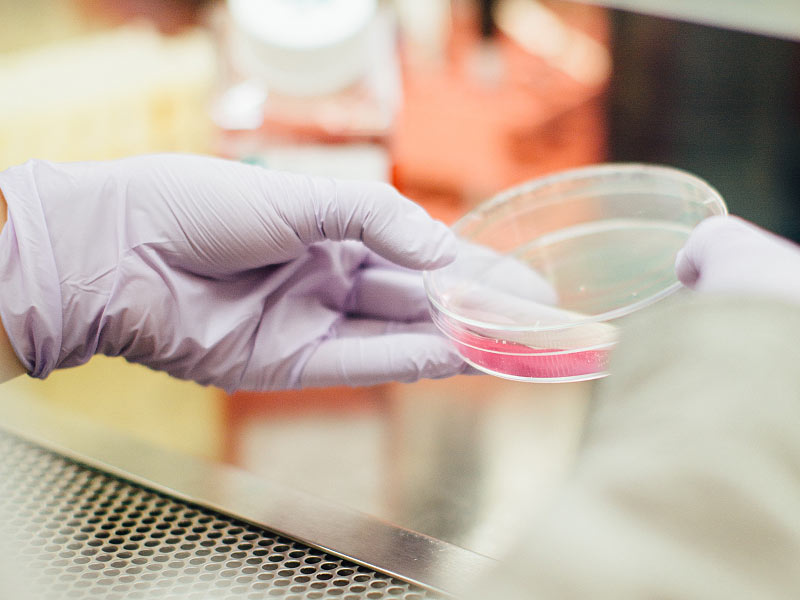Shirley was in her mid twenties when she first gambled while on a holiday to Las Vegas with her friends. Ten years later , when she worked as an attorney, she would often stopover in Atlantic City to gamble. By the time she was in her late forties she was bunking off work four times a week to gamble in casinos. She would often bet high and end up rummaging in the foot well of her car to find the toll for her way home.
In the end Shirley gambled away all her wages and wacked up a huge credit card bills from multiple lenders. Almost 18 years ago Shirley was convicted of stealing vast sums of money from her clients and spent two years in prison. Although she spent some time with Gamblers Anonymous and had a therapist it still took her many years to admit she was addicted. At the time when Shirley was convicted the idea that someone could be a gambling addict in the same way they could be a drug addict was unheard of.

In the past compulsive gamblers where not considered addicts and their activities were more to relieve stress than to achieve intense pleasure. However, in the 1980’s pathological gambling was classified by the American Psychiatric Association (APA) as an impulse-control disorder and was to join a group included kleptomania, pyromania and hair pulling. In recent years the condition has been moved to the addictions chapter due to the new understanding of the addiction.

The APA decided on the change of categorisation due to the many studies in psychology, neuroscience and genetics that show gambling and drug addiction are more similar than first thought. Dopamine is a chemical that is released by the brain when we engage in an activity that helps keep us alive or passes on our genes giving us a wave of satisfaction thus encouraging us to do the same action again. When dopamine is stimulated by other drugs such as cocaine the brain kicks out ten times more dopamine than normal.
If these drugs are used continuously the brain is constantly bathed in dopamine and we therefore become immune to the effects of the drug and need more and more to get the same high. Gamblers have a similar problem and need to find higher and more risk laden stakes to get the high. This new evidence and awareness of compulsive gambling has shown that it is not just dependency on chemicals but also on rewarding experiences.
This research has been remarkable and has allowed therapists to look for different treatments for pathological gamblers such as those used for substance addictions. Opioid antagonists have shown to be effective by indirectly inhibiting the brains productions of dopamine to reduce cravings. Cognitive behaviour therapy is also a favourite with gambling addicts to help control their thoughts and habits.
